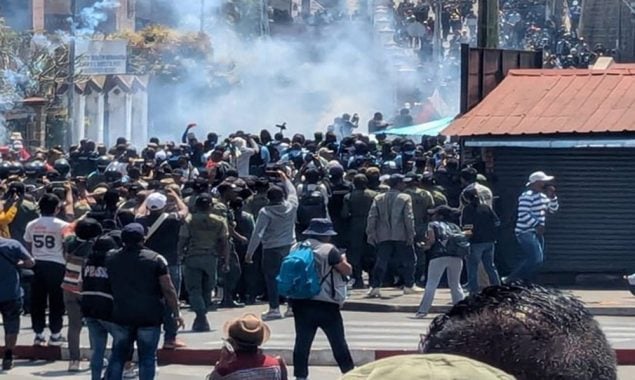A wave of youth-led protests has shaken the island nation of Madagascar, where the military has seized power, dissolved parliament, and confirmed that President Andry Rajoelina has fled the country.
The unrest — dubbed by local media as the “Gen Z Revolution” — mirrors similar movements in Nepal and other parts of the world, driven by a new generation demanding accountability, transparency, and better governance.
After three weeks of massive demonstrations across the country, military spokesperson Colonel Michael Randrianarina announced on state television that the army had assumed control and would establish a transitional council to oversee reforms and organize elections within two years.
Thousands of young protesters, mostly from Generation Z, had been marching for nearly a month against rising inflation, corruption, unemployment, and failing infrastructure. The protests turned violent in several cities, with 22 people killed since September 25, according to local media.
The United Nations and African Union have urged restraint and called on all sides to respect democratic principles while avoiding further bloodshed.
Analysts say the developments in Madagascar mark a pivotal moment in Africa’s political landscape — a warning sign that youth frustration with entrenched leadership and economic inequality is reaching a breaking point.
Like in Nepal, the Gen Z movement in Madagascar reflects a broader global trend: a digitally connected generation using grassroots mobilization and social media to challenge old power structures and demand systemic change.



